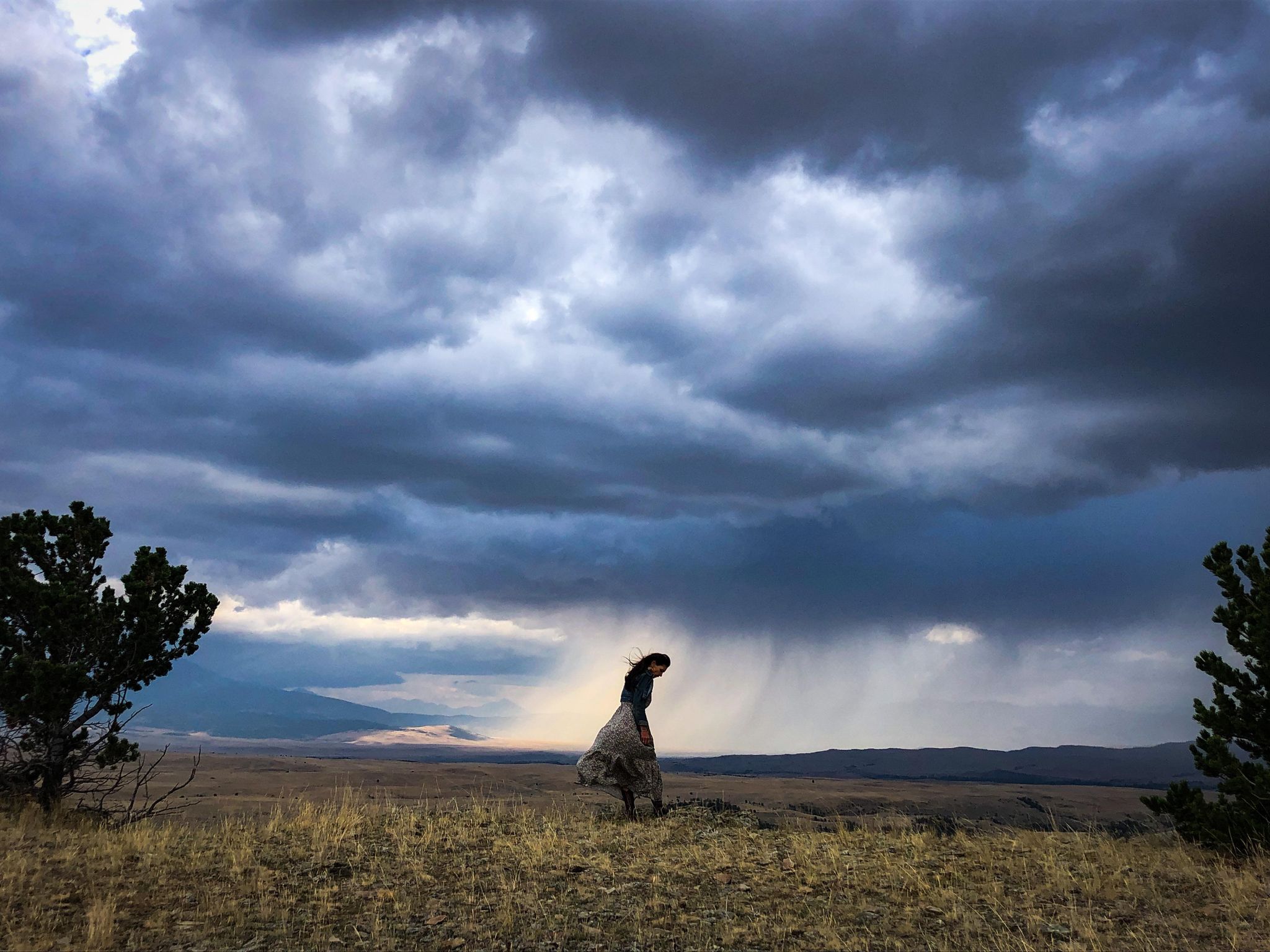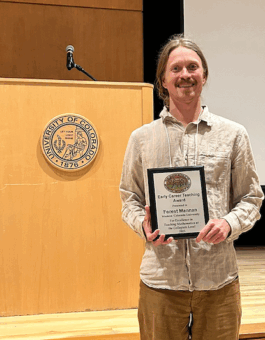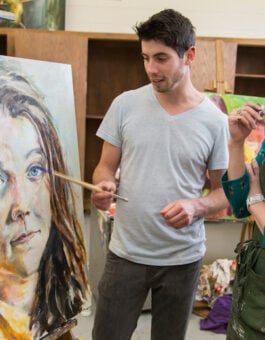There’s one constant: change. And there’s a lot of it these days. It threatens us with the unknown, and that can be scary. But it’s also worth remembering there’s more of it to come.
In her new book, Salmon Weather, Associate Director of Western Colorado University’s Graduate Program for Creative Writing, CMarie Fuhrman, weaves together 14 beautiful essays about foundational changes in her life and landscape, written over the course of a decade living in – and anchored by – the Salmon River Country of western Idaho. And in every story she tells, there’s a change that at first appeared to be the last one, but in the end isn’t.
As she looks back on those stories now, after so many changes in the federal government that have impacted the people and places that play central roles in her stories, she sees new themes come to light in stories she wrote years ago.
“When I first was writing this, I was thinking about public lands and the men and women who work in the Forest Service, and there’s always the themes of native presence on the land and missing and murdered Indigenous women, particularly in the west,” CMarie said. “But since January 20 … and what’s been happening to federal employees, land managers, land stewards, and federal agencies, there are things really rising out about the importance of those people on the land.”
The book’s title, Salmon Weather, alludes to an evolution she experienced over the course of her first few winters in one of the snowiest places in the country. The snow there stays for six or seven months and maybe nine. It can feel confining to someone who wants to hike or ride a bike or, at the very least, see beyond the nearest snowbank. But eventually she realized the snow made so much possible, even the salmon that run up on its cold melt in the spring. The world that CMarie wants to endure needs salmon weather, despite what some might perceive as an inconvenience in the moment.
“I wanted the weather to do my bidding, but also started seeing it differently, as in, let it snow. I want the salmon to thrive,” she said. “It was a great moment for me, and I wanted to share that idea.”
It’s a timely idea that threads its way through each story in the collection. And it must have resonated with her audience, as pre-order sales sold out the book’s entire first run before it ever hit the market in March. A second printing is already on the way.
CMarie’s work continues to remind us why great stories matter—not just as art but as a means of connection, preservation, and change. Read her new book and you’ll realize, as CMarie did, that we all need a little more salmon weather.


